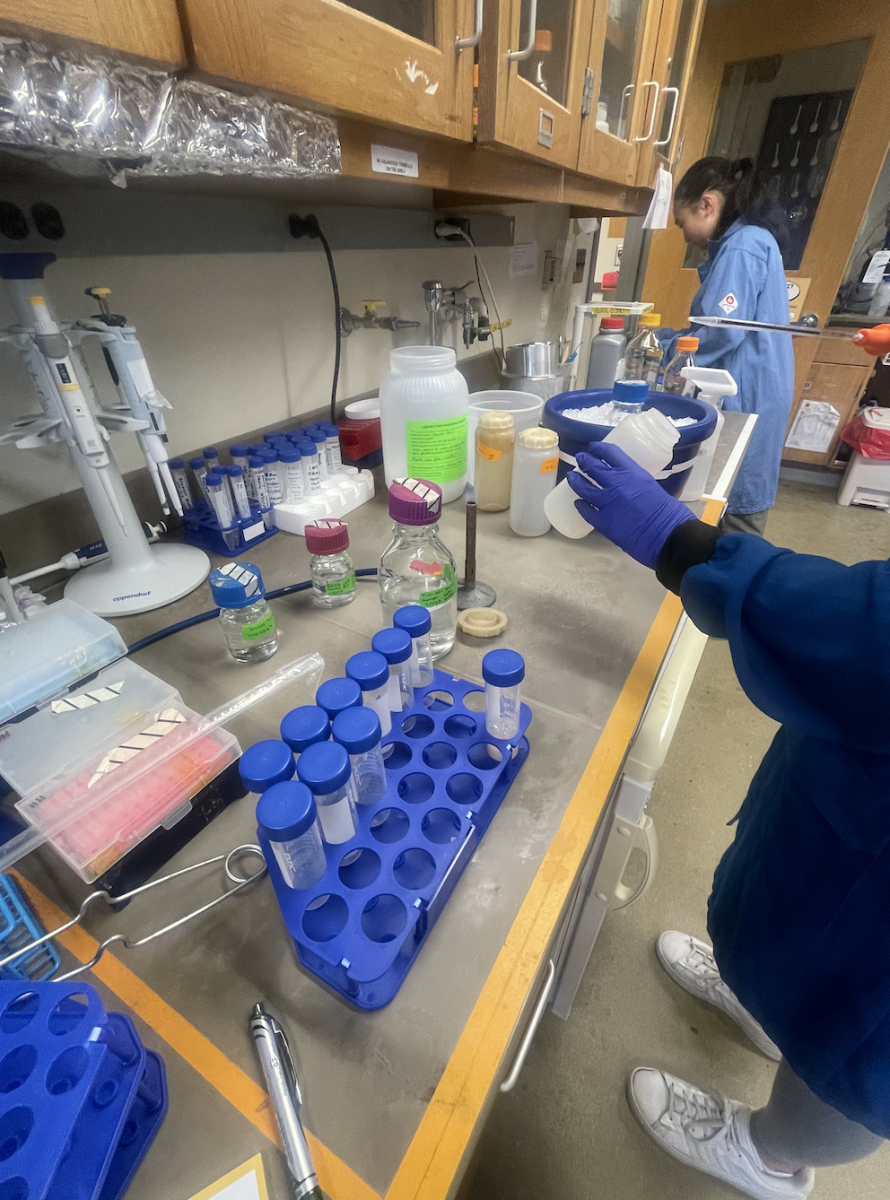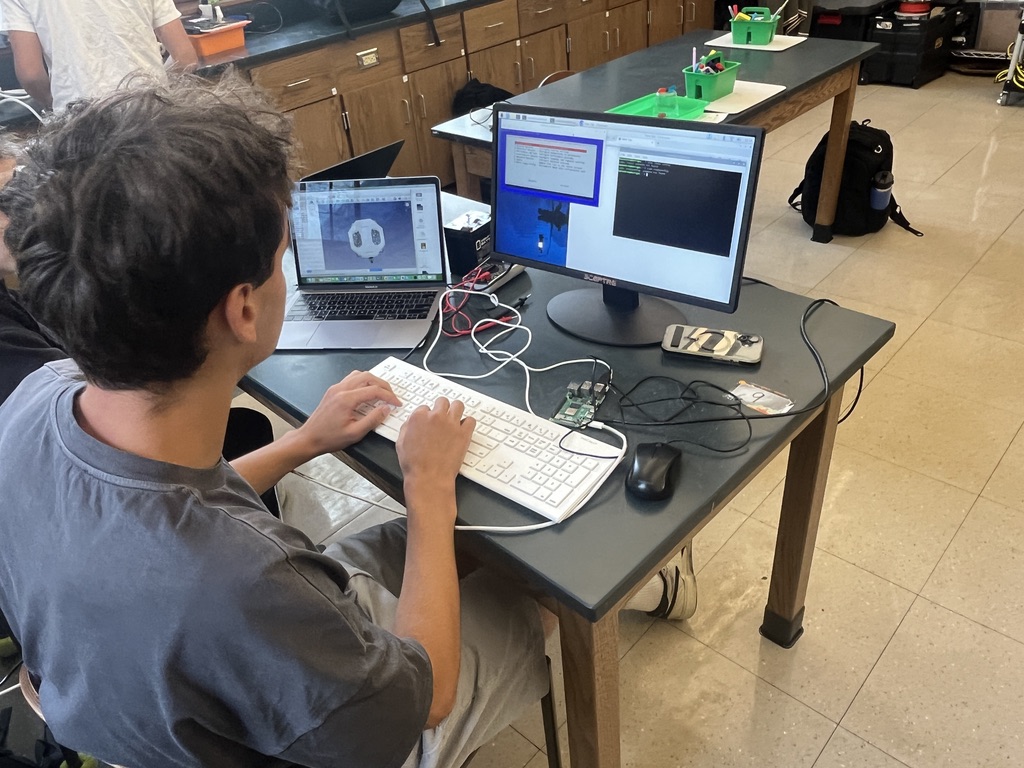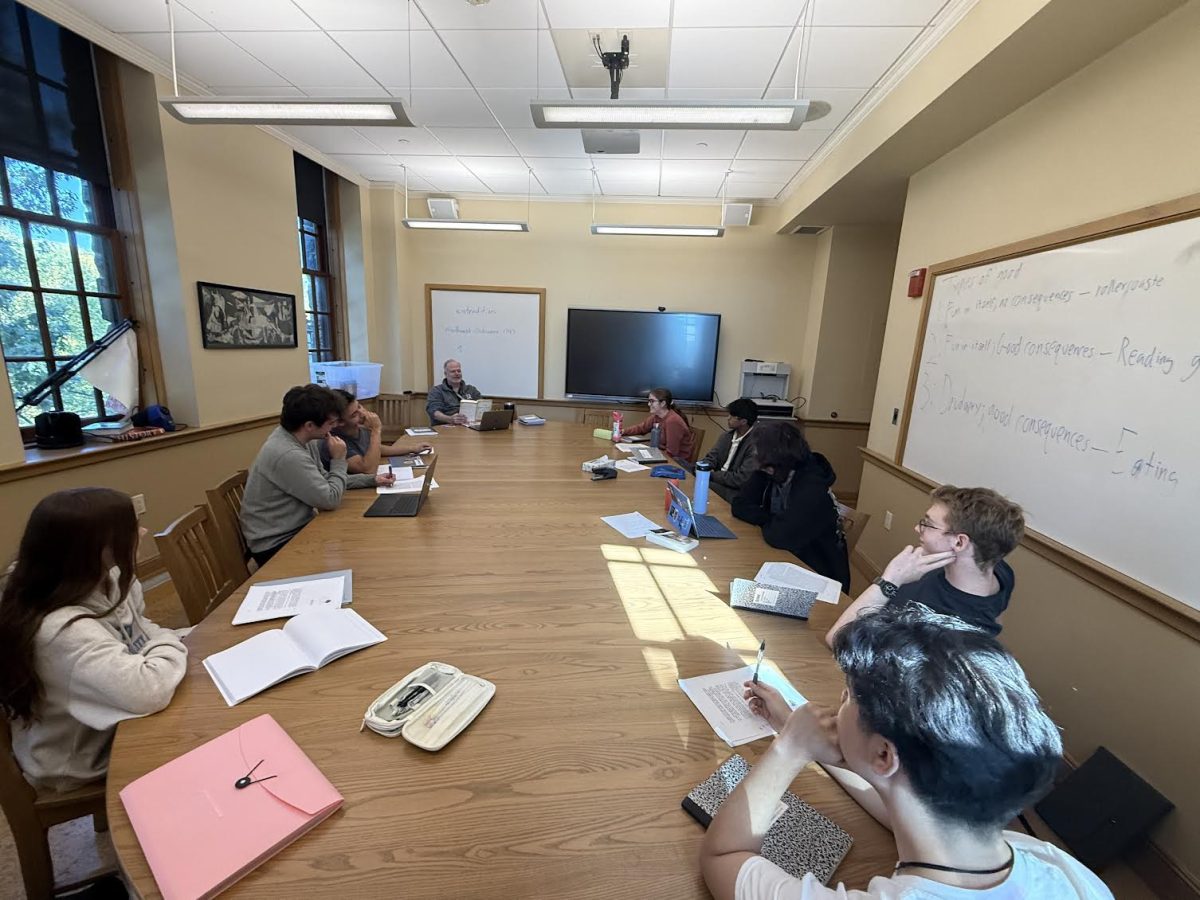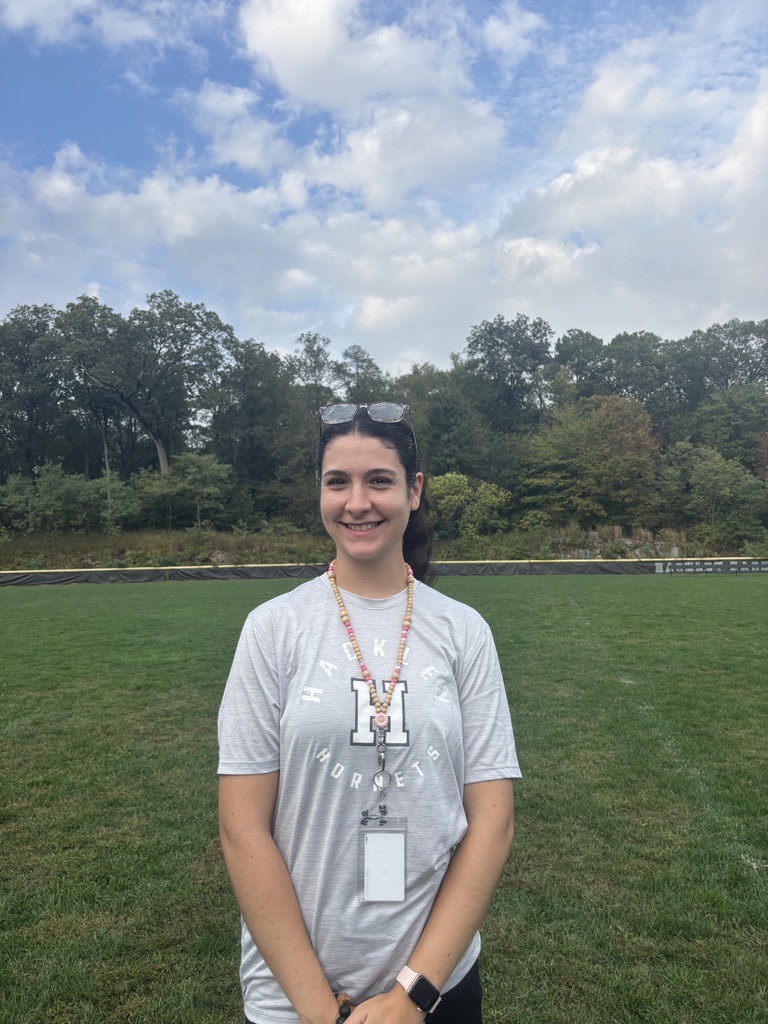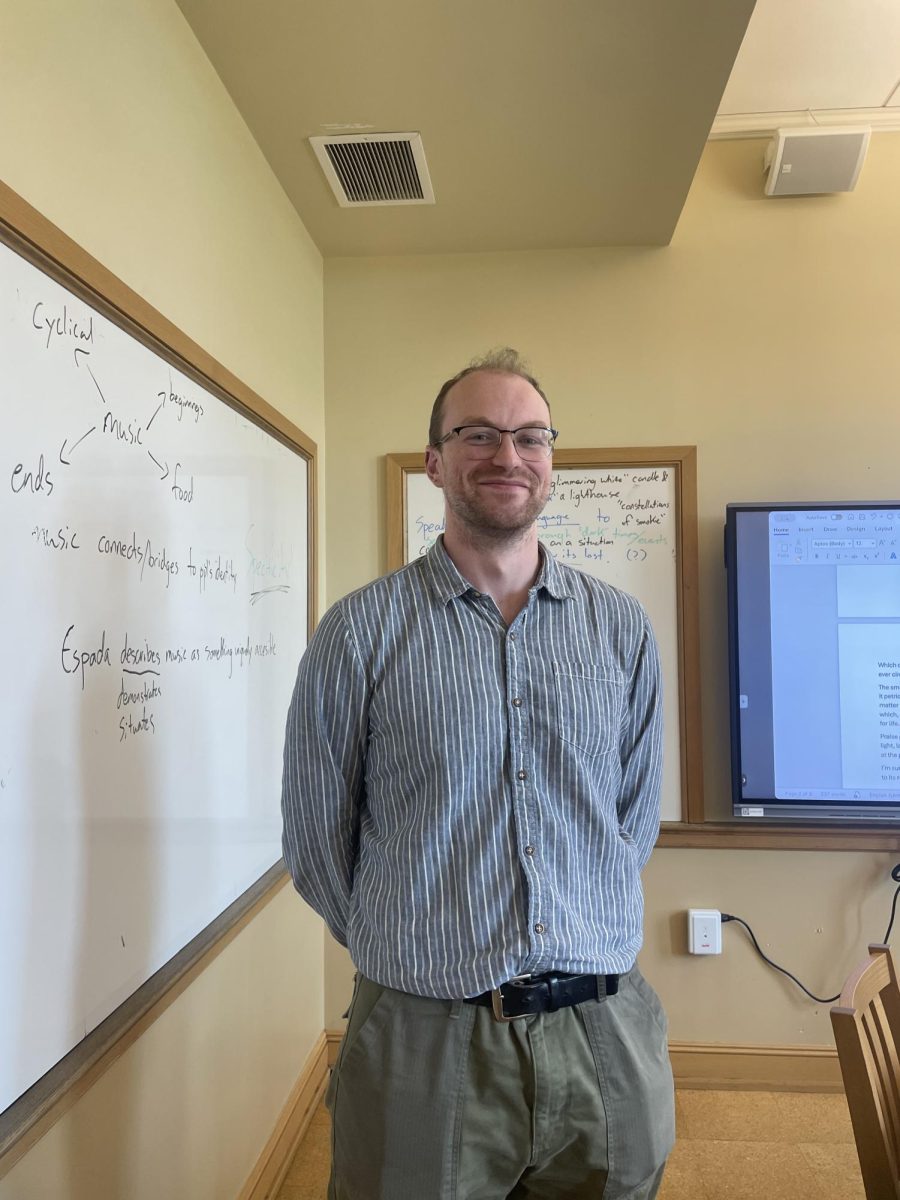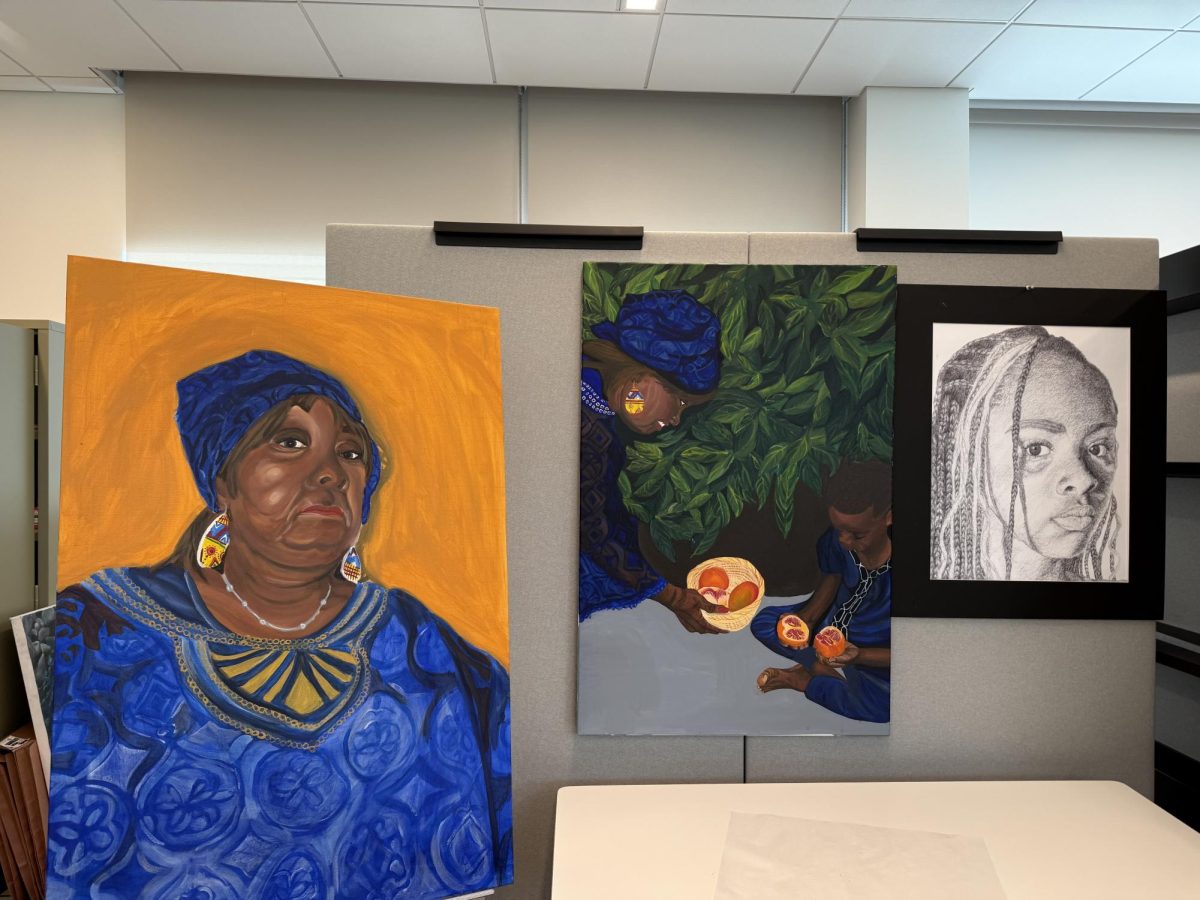For many kids, summer used to mean free days, hanging out by the pool, and family vacations. But as students enter high school and the pressure of college begins to rise, summer starts to look very different, filled with internships, academic programs, and resume-boosting activities.
In the early years of high school, students often still enjoy a more traditional summer break, which allows them to feel a sense of freedom before college pressure hits.
“This summer, I spent five weeks in Ireland with my camp friends,” said sophomore Gracie Eleck.
But as students progress through high school, especially after sophomore year, summer becomes more than just a break; it becomes an opportunity to prepare for the future.
“Summertime can certainly be used wisely, and we encourage students to choose activities that feel exciting, meaningful, and allow for growth,” said Sarah Kratzok from the college counseling team.
Many schools recommend that students spend their summers before junior and senior year participating in something academic. According to Harvard University, enrolling in college-level courses during the summer is an excellent way to strengthen a college application.
A student who wants to go unnamed said, “Pretty much all the extracurriculars I do, especially in the summer, are all for college.”
Senior Macey McLane, part of the Independent Research Project, spent seven weeks working at Boston College for an unpaid job, building a new discovery tool.
“Summer is essential for school work and, at least for me, a great time to add more to my application. I thought this experience was a great way to do it and was worthwhile,” said Macey.
According to the College Board, extracurricular activities consist of any activity students are involved in that is unrelated to academics. Extracurricular activities are a very important part of the college application process.
“Next summer, I will take on some internship or new activity that will look good on my application,” said Gracie Eleck.
From research projects and internships to volunteer work, many students now use their summers to explore their interests and demonstrate commitments beyond the classroom.
According to Scoir, students should make the most out of their summers. The top five things students should be doing are working a summer job or internship, finding a volunteer opportunity, finding a camp or summer program, taking a free online class or college course, or doing a creative project.
“What we encourage is a purposeful summer, whether that means a job, volunteering, independent projects, or a structured program. What matters most is that what you do feels meaningful to you and helps you grow,” said College Counselor Sarah Kratzok.

